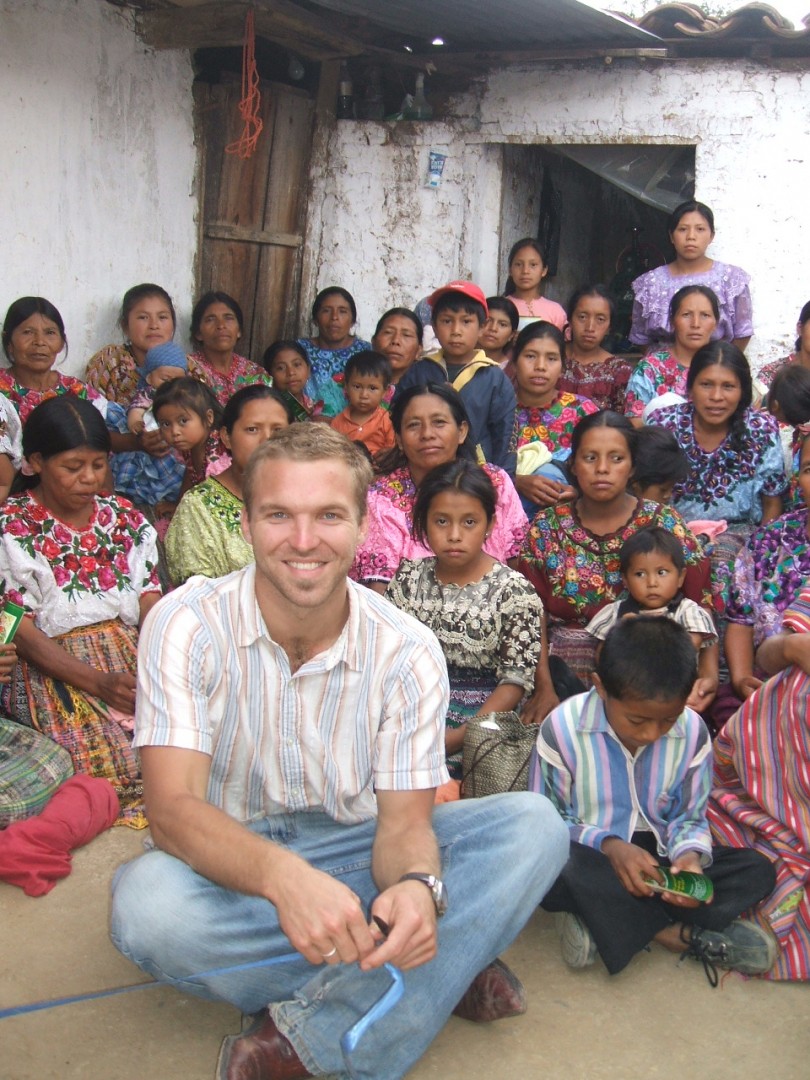On Feb. 18, DU ranked No. 2 among graduate schools on the Peace Corps’ 2016 Top Volunteer-Producing Colleges and Universities list. Just behind Tulane University, who currently has 18 volunteers worldwide, and tied with University of Michigan, DU currently has 17 of its students around the world. Additionally, this is the fifth consecutive year that DU has ranked among the top five graduate schools, according to the Peace Corps’ West Region Public Affairs team. As of 2015, Colorado is also ranked No. 10 for the Peace Corps’ top volunteer-producing states.
Since the Peace Corps’ founding in 1961, the 662 Pioneers that have volunteered for the organization, have, as the Peace Corps website states, “worked at the grassroots level toward sustainable change that lives on long after their service… promoting world peace and friendship.”
David Boggs, currently the recruiter at the University of Colorado-Boulder for the Peace Corps, came to DU in 2013 for the master’s program of intercultural communications and the Paul D. Coverdell Peace Corps Fellows Program. Of the Peace Corps’ six different sectors—Education, Health, Environment, Community and Economic Development, Agro-forestry and Community Youth Development—Boggs volunteered under Education, currently their largest sector. Boggs went to work in Armenia, a country on the southeastern edge of Europe, to start up an English program.
Another returned volunteer and DU Josef Korbel School of International Studies alumnus is Kody Gerkin. After attending Michigan States’ James Madison School for Public Policy in 2006, he volunteered for the Peace Corps in Guatemala in 2010 and followed it up with his time at Korbel. He explains that he originally came to Korbel, like Boggs, because of the Peace Corps Fellows Program, and because he read that there was a vibrant Returned Peace Corps Volunteer (RPCV) community at DU. After Gerkin returned to Guatemala in 2014 via a grant he was awarded by Korbel professor Matthew Taylor, he began a non-profit—Mujerave, meaning “ladybird,” representing its desire to “help women soar.” It focuses on women’s empowerment in Totonicapàn, a small mountainous province seldom visited by travelers and other aid organizations.
“With the help of talented volunteers and [my] very brilliant and talented spouse, 2015 saw Mujerave assemble a comprehensive needs assessment—now available for download on our website (mujerave.org),” said Gerkin. “It details why we focus on what we do and was built primarily on the advice and testimony of the people Mujerave exists to serve—indigenous women and their families in rural Guatemala.”
Gerkin arrived at forming this nonprofit because of his Peace Corps-rooted understanding that, as he stated, “passion alone seldom has an impact on the inequalities and absurdities of our global economic, political or social power structures.”
“Mujerave gives my passion an outlet and focuses that passion towards a purpose,” Gerkin wrote while “living in a small, single room, mud brick hut in Guatemala… while Mujerave builds a greenhouse and wood-burning stoves for women that cook over open fires in their homes.” Gerkin’s plans for 2016 included hiring an executive director and a local staff in Guatemala, as well as raising a substantial sum of money to reach these goals.
DU undergraduate or graduate students wanting to get involved with the Peace Corps can either apply or find more information online at peacecorps.gov or by reaching out to the West Region recruitment office at sfinfo@peacecorps.gov.











